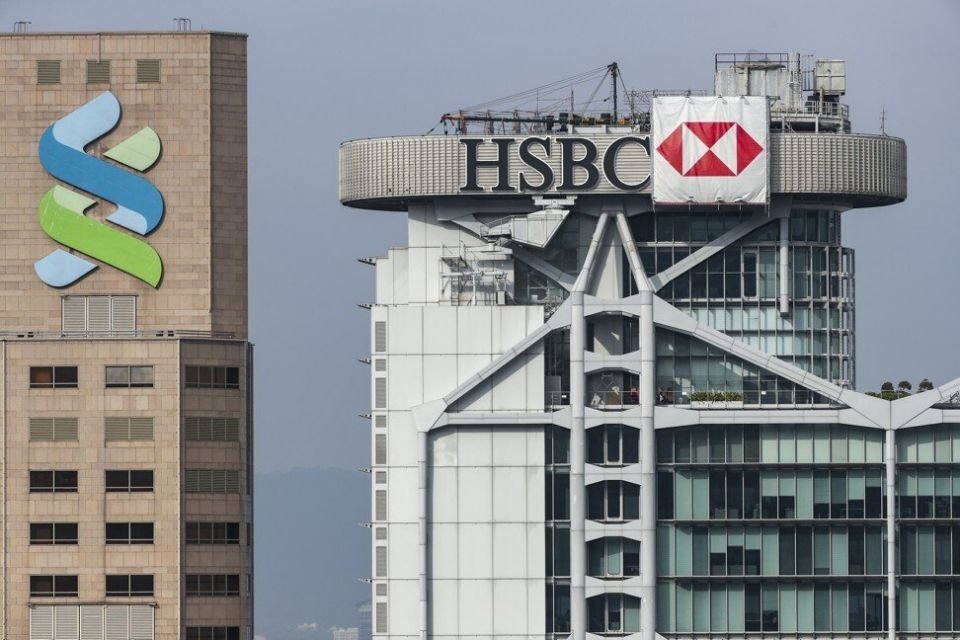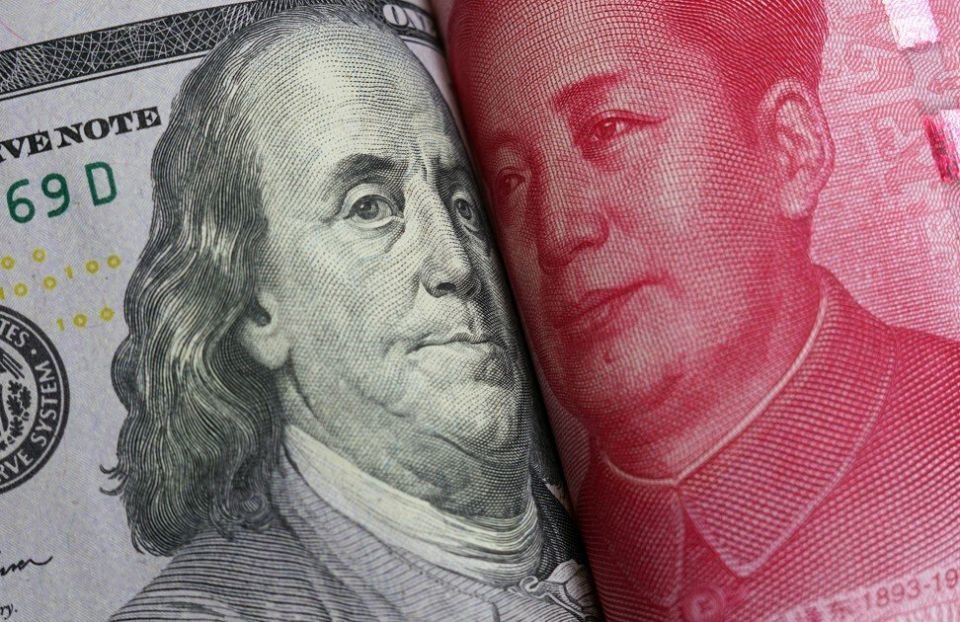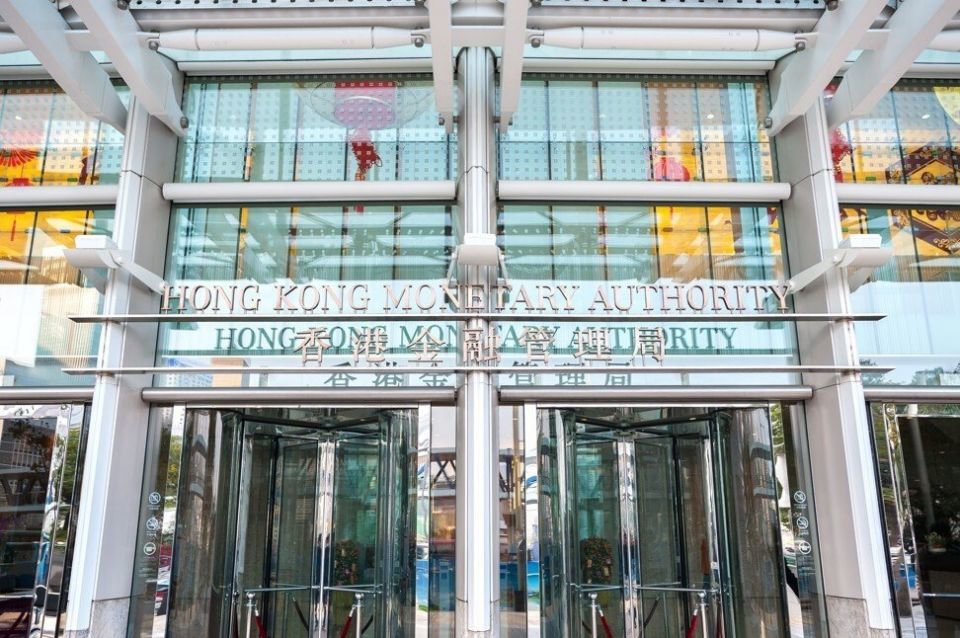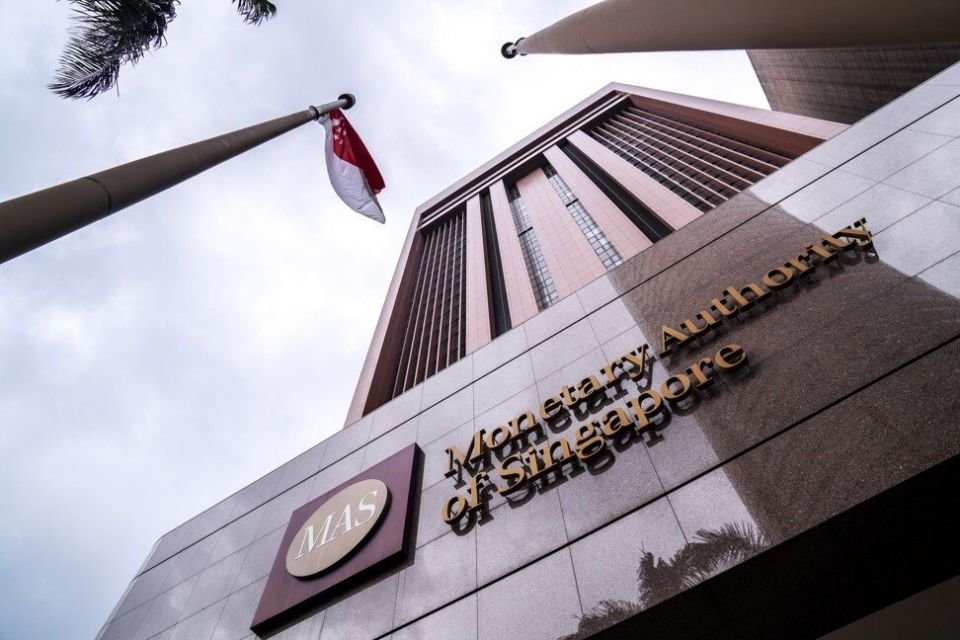
Hong Kong's slow reform of interest rate benchmarks has put US$2.2 trillion worth of hedging contracts at risk, say market observers
Hong Kong's lack of a plan to phase out the local rate - the Hong Kong Interbank Offered Rate (Hibor) - means firms that have entered into hedging arrangements with banks that expire after Libor ceases to exist at the end of 2021 might struggle to restructure their contracts.
This could be an "operational bloodbath," said Alexandre Bon, Asia-Pacific head of marketing and strategy at financial tech solutions provider Murex, who is working with banks in Hong Kong to prepare their IT systems for the Libor transition.
Get the latest insights and analysis from our Global Impact newsletter on the big stories originating in China.
Hong Kong's approach contrasts with banks in other markets such as Singapore, which have begun to explore replacing existing local currency interbank offered rates with a single benchmark, according to a recent consultation paper launched by their association of banks and the Monetary Authority of Singapore.

Global regulators have decided to discontinue Libor by the end of next year after the Libor scandal in 2012, where several banks were found to have rigged it for profit.
In Hong Kong, the Hong Kong Monetary Authority has since July been telling banks that they must stop issuing Libor-linked products maturing beyond 2021 by June next year.
But the gravity of the challenge is highlighted by the volume of outstanding financial contracts. About HK$17.4 trillion (US$2.2 trillion) of Libor-linked exposures maturing beyond 2021 still do not have adequate fallback provisions, the bulk of which is linked to the US dollar Libor, according to an HKMA spokeswoman. Those provisions should be included in the contracts to determine which new benchmark should be used to replace Libor if banks and their clients do not make a switch before the 2021 deadline.
In a typical cross-currency swap arrangement, companies looking to hedge their Hong Kong dollar currency risk against, for example the US dollar, would need to start referencing the US dollar-side of the swap to its new replacement benchmark, the Secured Overnight Financing Rate (Sofr).

The challenge for the Hong Kong dollar-side of the swap is that, companies might be undecided about which benchmark should be the standard going forward, said Bon.
HKMA, the de facto central bank of the city, decided to keep Hibor alive while at the same time allow the industry body, the Treasury Markets Association to identify a new benchmark as an alternative.
"It (Hibor) is regarded as a credible and reliable benchmark by market participants," a spokeswoman of HKMA said.
HKMA issued a circular to all banks in October last year, which indicated the Treasury Markets Association - an industry body of bankers, money brokers and corporate treasury - has identified a new benchmark called Hong Kong Overnight Index Average (Honia) as an alternative benchmark for Hibor.
As such, Hong Kong's mortgage borrowers can still benchmark home loans against one-month Hibor, while companies can choose Hibor or Honia. The adoption of Honia, however is very slow. One year after the HKMA circular, the three note-issuing banks - HSBC, Standard Chartered and Bank of China (Hong Kong) - only completed their first cross-currency swap deals using the new benchmark in the past week.
"The fact that you don't have a deadline for Hibor means that the transition to Honia will be challenging, as companies have little appetite or real driver to reduce their reliance on Hibor," said Bon.

Many Hong Kong companies are not aware of the consequences of the phase-out, said George Leung Siu-kay, chief executive of the Hong Kong General Chamber of Commerce, who represents 4,000 businesses employing 1.3 million people in the city.
"The concern is that firms may not clearly understand about the pricing structure and market behaviour of the new benchmark rates and whether they will be a perfect replacement of Libor," Leung said.
Many companies prefer sticking with Hibor as it is a benchmark they are more familiar with, said John Tan, global head of financial markets regions of Standard Chartered.
To get customers to warm up to the new benchmarks Standard Chartered last week completed the first USD/HKD cross-currency basis swap referencing Honia and Sofr.
HSBC last Thursday also issued its first Honia-Sofr cross currency swap, while BOCHK on Monday also completed its first yuan/USD cross-currency swap priced with Sofr, as well as a contract using Honia.
"Banks would prefer to avoid being overcommitted to any one particular methodology before it becomes the mainstream convention. This renders process changes and client outreach more challenging," said a BOCHK spokeswoman.

In contrast, the Monetary Authority of Singapore (MAS), together with the Association of Banks of Singapore have proposed phasing out the local interbank offered rate, Sibor, which is used in retail loans such as mortgages.
The city state proposes to take a single rate approach, aligning all Singapore dollar interbank rates to the Singapore Overnight Rate Average.
"This is an important step forward by the industry that will enhance liquidity and improve the overall functioning of Singapore dollar interest rate markets," said Jacqueline Loh, deputy managing director of the MAS wrote in a media release dated July 29.
This article originally appeared in the South China Morning Post (SCMP), the most authoritative voice reporting on China and Asia for more than a century. For more SCMP stories, please explore the SCMP app or visit the SCMP's Facebook and Twitter pages. Copyright © 2020 South China Morning Post Publishers Ltd. All rights reserved.
Copyright (c) 2020. South China Morning Post Publishers Ltd. All rights reserved.










